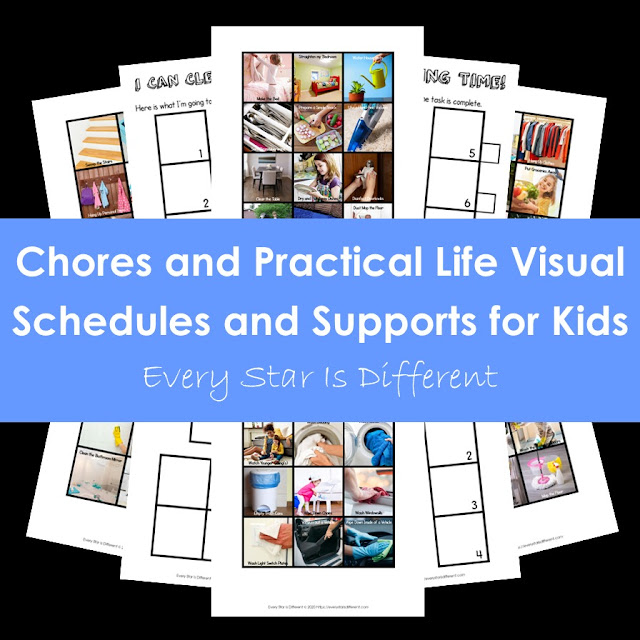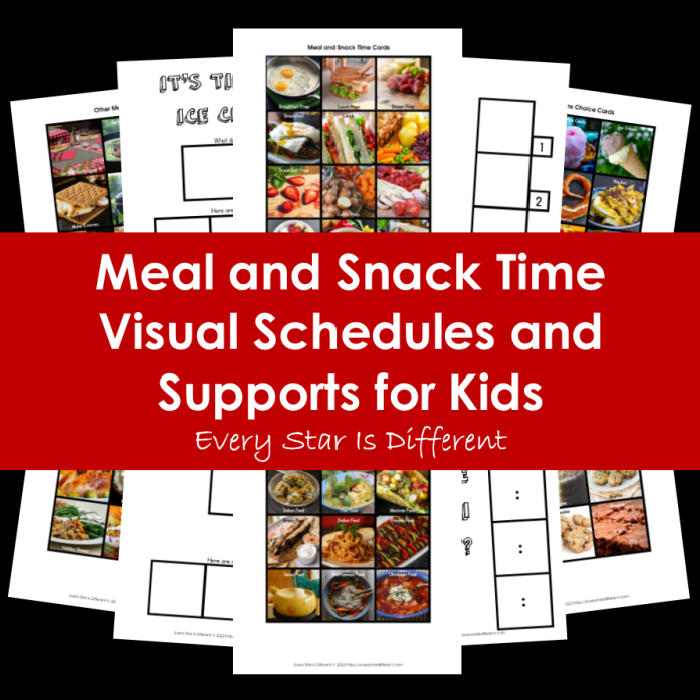Playing board games goes on that list of things that ALL my autistic kids have REALLY struggled with.
And we’re not just talking minor issues here.
We’ve had games fly through the air.
People have been injured, and not just by game pieces.
Physical fights have broken out between players.
Screaming fits have taken place.
Meltdowns have occurred on almost every occasion.
For years, at least one person left the game room in tears, if not everyone.
How do you help your autistic child play board games successfully?
Fortunately I’m me, and giving up is not in my nature.
I went through my 24 hours of sulking and then went to work.
There just had to be a way that I could help my autistic kiddos be successful at playing board games.
Knowing the method has always worked for me in the past, I took a Montessori approach to the situation.
Observe
Thankfully, my husband was more than willing to play board games with them so that I could do this.
I learned so much from this exercise.
Dinomite struggled when unexpected events occurred while playing each game. His fear of the unknown and anxieties were really getting the best of him. When things didn’t go as he had hoped, he was devastated.
Bulldozer could not grasp the concept of chance. He was stuck in the “If I do this, then this will happen” mentality. When what was expected didn’t happen, he couldn’t handle it and wanted to try again. Once he discovered that he couldn’t fix things, he was devastated.
Sunshine struggled with multiple aspects of playing board games. She was still trying to understand taking turns. During her turn, she would become extremely frustrated if things didn’t go exactly as she wanted them to.
Sunshine learns at a slower pace than her peers and siblings. So much frustration comes from her inability to understand and perform at the level of her siblings. She does not like being corrected or given help if she doesn’t do something correctly.
Ask When Possible
Dinomite expressed that no matter how hard he tries, no matter what “good stuff” happens, he always loses. It just becomes so frustrating that he doesn’t like trying anymore.
Bulldozer shared that he feels he’s made a bad choice when something negative happens on his turn, even when it was just luck of the draw, and especially when he loses.
Sunshine wasn’t able to express her feelings in words.
Follow the Child
Solution Option #1: Cooperative Board Games
To help Dinomite be successful we turned to cooperative board games like Harry Potter Hogwarts Battle Cooperative Deck Building Game, where he could feel more in control and always win when he worked together with his playmates.
He was still super intense as he played for a while, but over time he was able to relax and become a leader, helping his peers.
Solution Option #2: Strategy Board Games
In order to help Bulldozer, we knew our best bet was to introduce him to board games of strategy. Games of chance just weren’t going to work. Our first move was teaching him how to play chess. A grandparent had introduced the game to Bulldozer and he was very interested.
My husband read a “How to Play Chess” book aloud with Bulldozer so they could both learn the game. Then they started practicing. Bulldozer loved it. The two began playing on a regular basis.
When Grandpa Ron came to visit, they’d play for hours. With each game, Bulldozer seemed more and more confident with his ability to handle a game, even if he lost, because he knew he was doing his best and could try again. Eventually he even joined a chess club at our local library for a while.
Solution Option #3: Junior Card Games
This is when we turned to junior level card games, like Five Crowns Junior. They were perfect for her! We purchased a card holder so she wouldn’t be frustrated with that aspect of the game. Then we made sure she had an adult partner to walk her through each turn, until she got the hang of the game.
The extra visuals that are provided in junior card games have proven very beneficial for Sunshine. Even if she doesn’t win, she can see that she’s worked hard and accomplished something.
Extra Supports
1. An adult is always present while a board game is being played.
2. Only two people play a board game together, unless an adult is playing also.
3. Sunshine has her own shelf of games. If Sunshine is playing a board game, she can only play games with others from her shelf.
Over time Dinomite has progressed to enjoying cooperative games as well as strategy and some chance games.
If Bulldozer can’t play video games, he wants to be playing board games. None of my other children love board games as much as Bulldozer. He’s transitioned from only strategy games to games of chance and cooperative games.
Sunshine enjoys her junior card games and has fun playing some junior board games now that she’s a little older
As you can tell, there’s no one fits all solution to helping an autistic child learn how to play board games successfully. It takes observation, communication, a willingness to try new things, and a desire to change.
Some kiddos may decide they don’t want to learn how to play board games successfully right now, and that’s okay. My autistic kiddos are 8, 11, and 12 and they’re barely mastering these skills, but only because they have a desire to do so, whereas before, they did not.
The best way you can support your child is to observe, listen, and follow their lead. Eventually the desire to learn how to play board games will come. When it does, you want to be ready!
For those that would like more autism, ADHD, and anxiety disorder resources for families, be sure to subscribe to our free newsletter by clicking the link below.
If you enjoyed this post, you may enjoy the posts below.













No comments:
Post a Comment